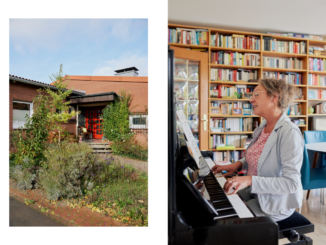
The lack of affordable rental housing and homeownership opportunities across Europe could lead to a new era of far-right political parties controlling the European Parliament and the federal and local governments across the European Union (EU) members, according to a warning from a high-ranking United Nations officer.
The next European Parliament elections will take place from June 6-9. In this election, far-right parties are expected to finish first in nine EU member states and second or third in another nine.
According to a report in the British news site The Guardian, Balakrishnan Rajagopal, the UN Special Rapporteur on the Right to Adequate Housing, voiced concern that the housing crisis is driving the popularity of the far-right parties with voters.
“Far-right parties prosper when they can exploit the social gaps that emerge out of underinvestment and inadequate government planning … and when they can blame outsiders,” he said. “That’s the situation many EU countries are now in. The housing crisis is no longer affecting just low earners, migrants, single-parent families, but the middle classes. This is the social issue of the 21st century.”
Eurostat data covering the 27-member EU found house prices soared by 47% between 2010 and 2022, with rents rising 18% over the same period. In some EU countries more than a fifth of households spend 40% or more of their net income on housing. Affordable housing shortages have created public protests in major EU cities including Amsterdam, Lisbon, Milan and Prague.
“EU countries have a long and laudable tradition of social protection, of welfarism,” Rajagopal said. “But when it comes to recognition of housing as a legal human right, Europe is lagging behind international law. EU citizens cannot go to their national courts over housing. European countries recognize this but are not doing anything about it.”
Rajagopal blamed the European tradition of “treating housing like any other commodity, to be bought and sold” instead of creating state planning strategies to address future housing needs.
“Europe drank the 1980s Kool-Aid,” he said. “Markets were good, planning bad. But markets only really take care of themselves. If you also abandon state planning, nobody’s supplying housing. And that’s what allows the PVV, for example, to blame migrants for the Dutch crisis when there is no evidence migrants are to blame. If we want to stop the rise of the far right, starve it of some oxygen, things like housing have to be seen as fundamental rights.”



